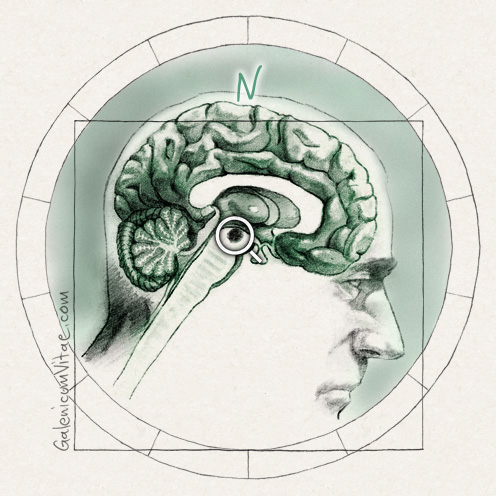There is no treatment to cure Parkinson's disease, but there are measures to stabilise and control the symptoms.
Drug therapy for Parkinson's disease includes three categories: drugs that work directly or indirectly to increase the level of dopamine in the brain (for example, levodopa); drugs that act on other neurotransmitters to alleviate symptoms such as shaking and muscle stiffness; and drugs that help control the non-motor symptoms of the illness, such as depression and anxiety.
In advanced stages of the disease, treatment becomes more complex, and other techniques, including surgery, may be required. In recent decades, studies have led to great improvements in surgical techniques.

 Digestive
Digestive  Blood
Blood Cardiovascular
Cardiovascular Dermatology
Dermatology Genitourinary,
Genitourinary, Hormones
Hormones Infections
Infections Oncology and
Oncology and Musculo-skeletal
Musculo-skeletal Mental health and
Mental health and Parasites
Parasites Respiratory
Respiratory Senses
Senses Various
Various




